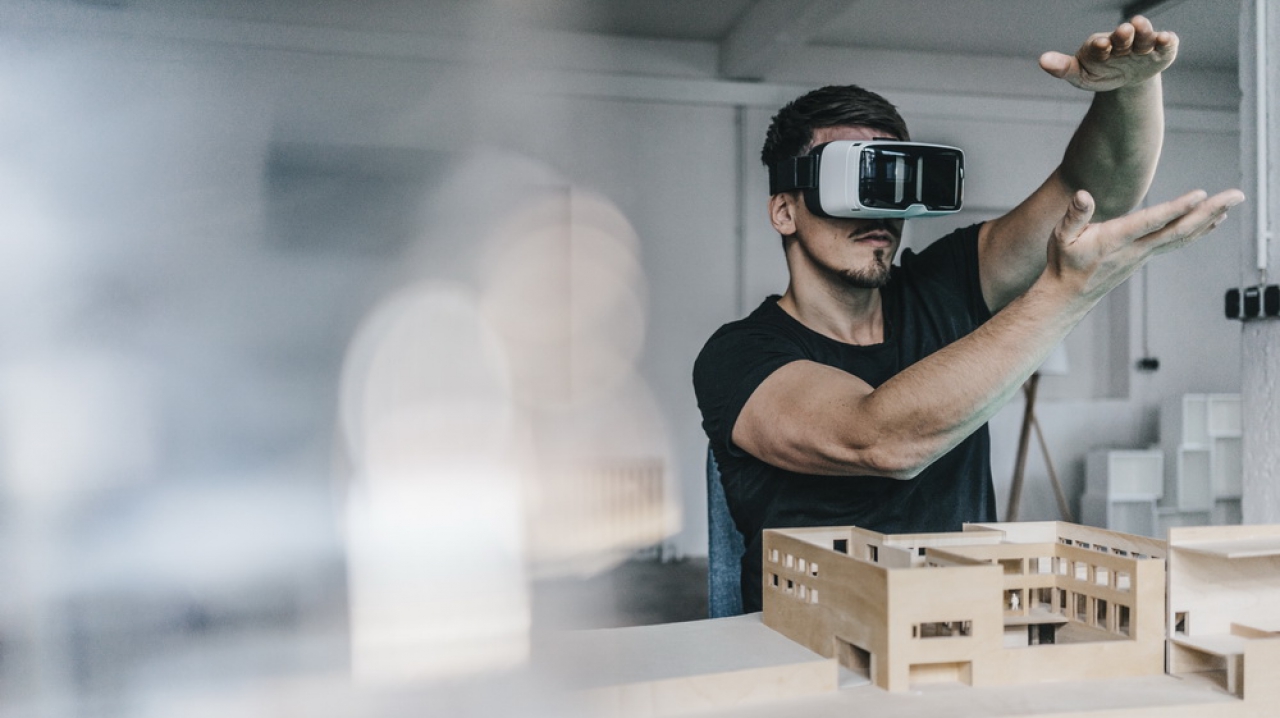- Home page
- Blogs Room
- Technology in Real-Estate
Technology in Real-Estate
Real-estate has seen the impact of technology just like any other industry. At start-up events in Thailand, many innovations have targeted the industry through innovations that benefit both developers and end-users which are the consumers. Let’s take a look at how technology has made an impact on the real-estate industry in Thailand.
Big Data
Sun Tzu, the world renowned author of The Art of War once said, “If you know the enemy and know yourself, you need not fear the result of a hundred battles.” This quote applies to the real-estate industry as well. Using “Big Data”, which is the massive amount of data about customer demand based on demographics, lifestyle, what they use, what they buy, what they search for, to identify customer insights can greatly help us to cater our property projects to our target consumer demands. It makes properties easier to sell and better pricing as well.
Virtual Reality (VR)
VR may be more popular in the gaming industry but actually VR is highly applicable to the real-estate industry.
Real-estate sales traditionally require a mock-up room or home for customers to get the feel of actually living there. What if we can offer the same experience to our customers without having to build a mock-up? What if customers can feel like they are actually in the real room through VR? VR can simulate the room or home for customers. Customers can even explore the facilities like overlooking the pool or being in the fitness gym as well as the view from various locations in the property. This brings a refreshing element to property showings for the industry.
Drone
Drones have increasingly become more popular in the real-estate industry to help analyze land plots and locations. They can give an important view of the land plot, as well as help with the design of each project. They can analyze the direction of sunlight during different time of day. They have become another wonderful helper for the industry.
Health System
The health trend remains popular among consumers, not only in terms of diet and exercise, but also in the real-estate market. Air quality gauges are being deployed to help identify the need for an air filtration system in the common area to ensure residents are safe while using the facilities or just simply walking by.
In addition, air flow has become an important component of design. The concept is for residents to live comfortably with pure air even without an air-conditioner. Solar cells may be installed to help save energy and reduce utility costs for the property.
Control System
Smart phones have brought a lot of great innovations into this world because now we can do almost everything on our phones. Controlling electrical appliances in our rooms are now possible on our phones like controlling the air-conditioner, turning them on 15 minutes before getting home, so that when you enter your home, the room is already cool. You can even control the volume of your stereo via your phone. For high-tech condos, residents may be able to send a door code to their guests so that the resident does not have to go down to let their guests in. The codes can be set to expire immediately for security.
All changes bring opportunity and that is very true for the real-estate industry. Technology has caused many changes that require us to adapt, but it has also brought a lot of new opportunities that allow us to add value and distinguish ourselves from our competitors.


